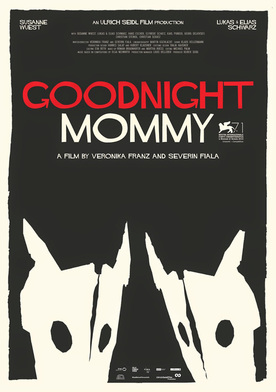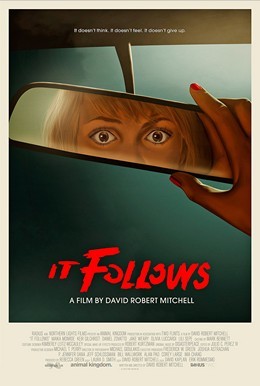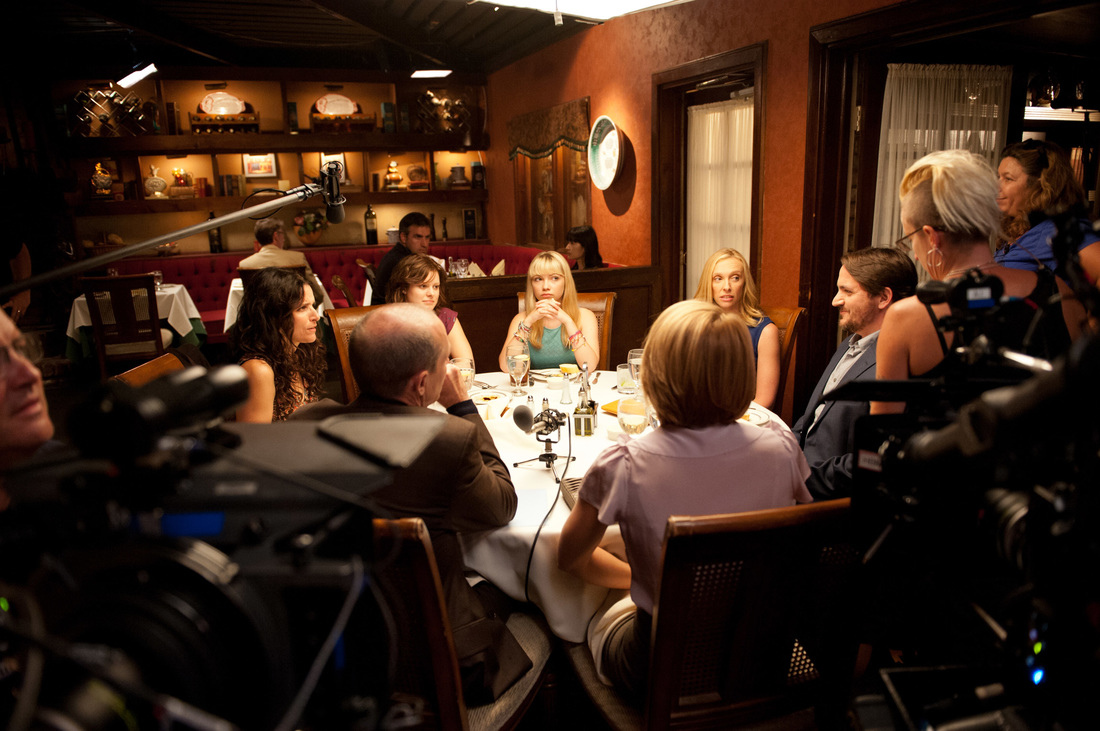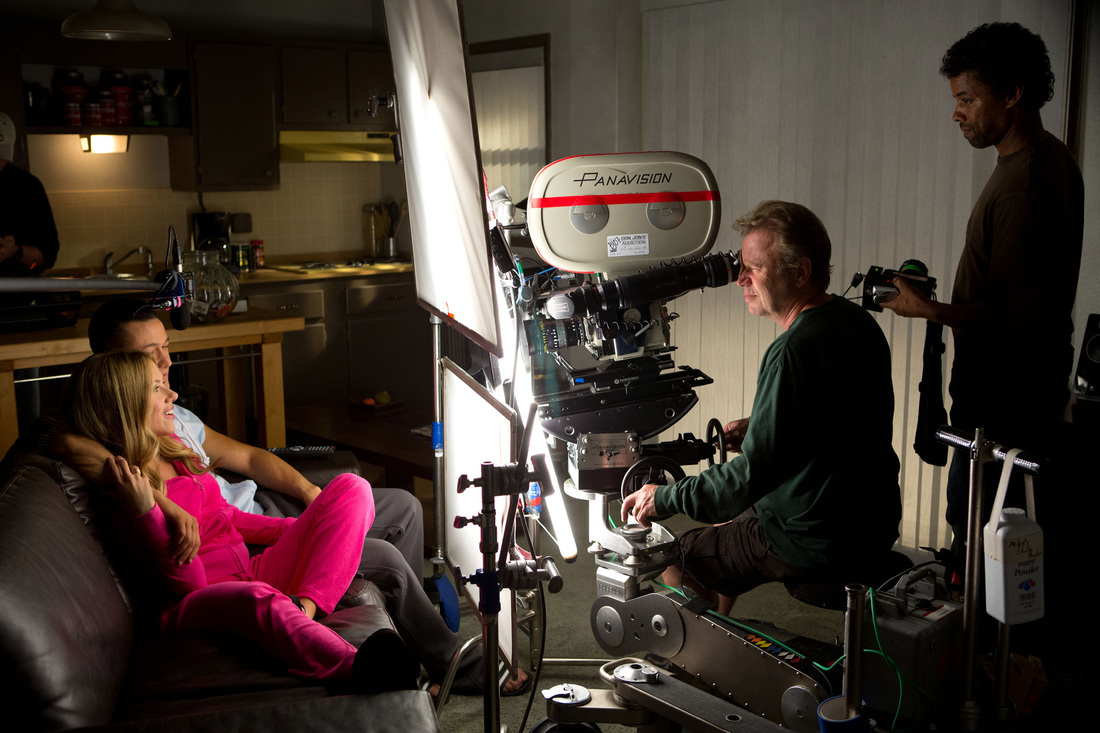Therefore, it's not surprising that recently a new wave of horror is permeating the film landscape. Films that are not considered as out and out horror films, filled with gory scenes, and quiet-quiet-BAM jump scares, but films more interested in exploring the complex psychological dynamics of the human experience. Films such as the Australian stunner The Babadook, or the slow paced chiller, It Follows amongst many others.
Made on a relatively low budget, mostly with independent financing, these film aren't necessarily interested in the actual scares, though some of them are pretty terrifying to say the least, but rather use horror elements as kind of landscape in order to focus on a deeper character dilemma. For example, The Babadook, which in no way hides the fact that the film is actually a statement on parental exhaustion, with the monster clearly acting as a blatant metaphor for motherhood. Or that It Follows with its supernatural stalker is actually a film about sexual shame. Keeping these factors in mind, we can somewhat justifiably make an inference then that these films bring the subtext closer to the surface, making the films more intellectual and complex, as compared to the run-of-the-mill horror fare from the studios.
That isn't to say these art-house films aren't scary. Possessing a distinct tone and feel, with an utterly bleak world view films like Goodnight Mommy or The Witch rely on an insurmountable sense of dread, paranoia and perpetual unease, making the films extremely uncomfortable for audiences to watch. I remember one friend, who's a huge horror aficionado, say that he just couldn't sit still during the screening of It follows, not because he was bored, or three steps ahead of the story, but because he was extremely scared. The way he explained it, just the inherent knowledge that the stalker may be anyone and may come from anywhere was enough for him to keep his eyes semi-shielded, through most of the film.
But, to be fair, not everyone shares the same enthusiasm and experience as my friend. Take for example, the celebrated author and self-described cinefile, Bret Easton Ellis who declared his disdain on social media for what he calls "Indie Arthouse Horror". He explained this statement in detail in his podcasts with producer Jason Blum, and director Eli Roth, where he cited films such as The Babadook, You’re Next and Goodnight Mommy as major culprits for this new breed of cinema which provides unnecessary metaphors, backstory and logic, which may presumably elevate the story to give it extra heft, but actually undermines the scares present in the narrative. Ellis went so far as stating ‘Explanations ruin horror’, that films with random scares, where the monsters or ghosts don’t have a conclusive backstory are generally more effective in their ability to frighten us, than films which divulge in their third act that the monster never existed in the first place.
I’m sure Ellis isn’t the only one who shares these views. Many people, some of my friends included, consider these films more taut, tension-filled thrillers instead of actual horror films. I’m talking about real horror fans; people who tend to gravitate and seek out films that have actual scares, and find themselves cheated when they watch these indie art-house horror flicks, which according to them are nothing more than complex character studies, with some underlying tension.
However, whatever your preference may be, in the end, you cannot disregard the impact many of these films have had on the cinematic circuit. Sure, they may not be that scary to some, and that’s perfectly understandable, but for many these films have acted as conduits to a genre that may have been otherwise avoided. In any case, I’m optimistic about the future, and will hope to catch many of these films soon. Films that aim not only to frighten audiences, but also stimulate their minds. Now, that’s what I call a perfect cinematic experience!





 RSS Feed
RSS Feed